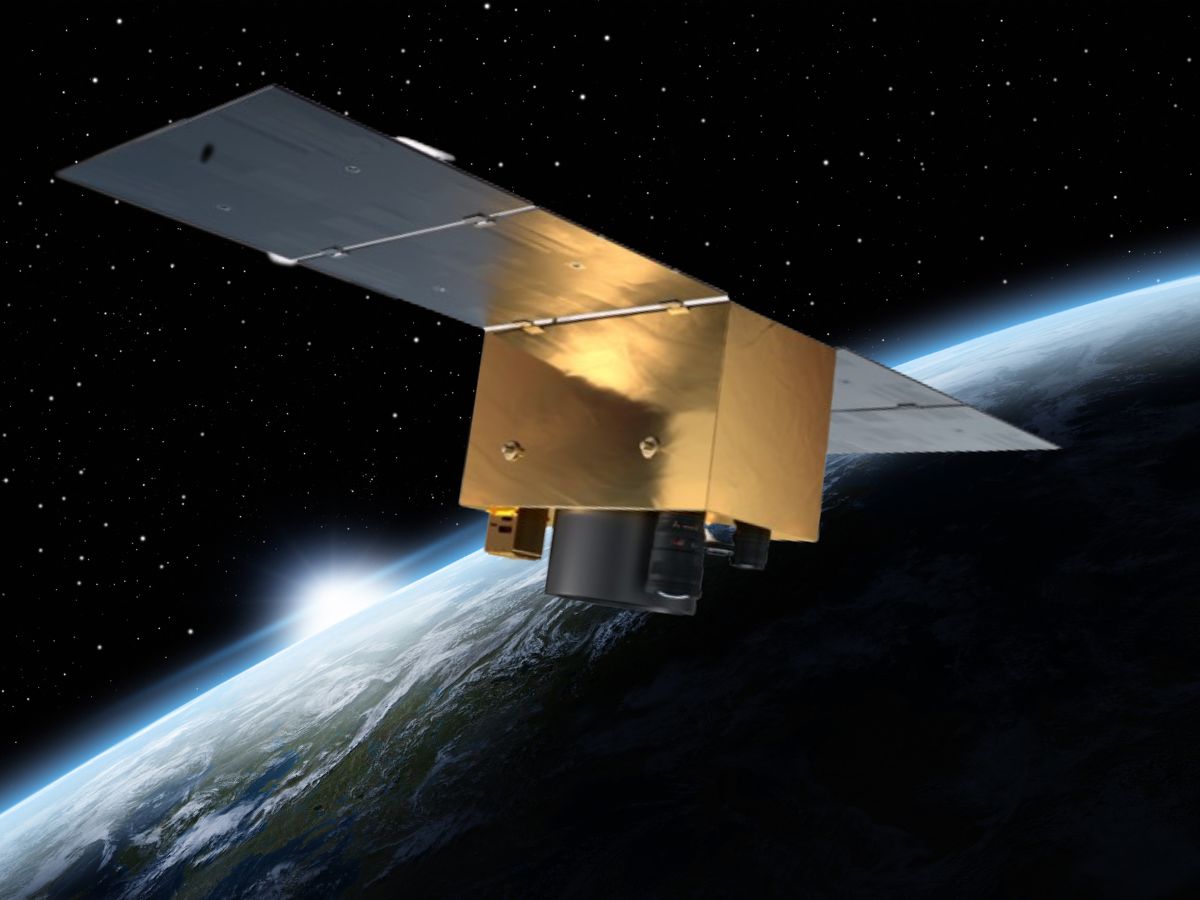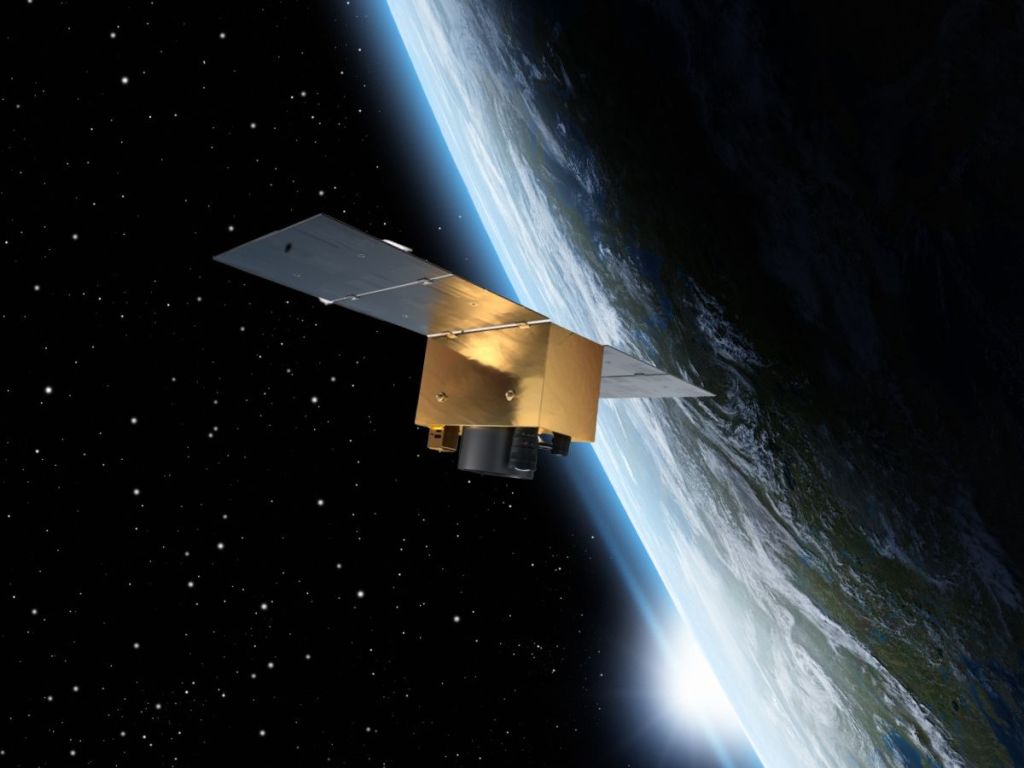A Chinese company has launched a new satellite called WonderJourney-1A. It was blasted into the sky earlier this month from the Jiuquan Satellite Launch Center in Inner Mongolia. This satellite has an “AI-brain” inserted into it. This is according to a report from the South China Morning Post.
Normally, when satellites collect information from space, they have to send that information back to Earth for people to look at and tell the satellite what to do. But the WonderJourney-1A can “think” on its own. It uses a “String Edge AI Platform”, which helps it understand its environment. It can then make decisions in space, without first checking in with humans.
STAR.VISION
The AI satellite is made by a company called STAR.VISION, which says it makes “the world’s most powerful AI satellite”.
Spokesperson Chen Junrui told the South China Morning Post that the AI “serves as the satellite’s brain, allowing real-time observation and processing. Traditionally, data has to be sent back to a ground control centre for analysis and instructions. But WJ-1A can handle it on the fly.”
The satellite can look at a really big area, almost the size of 10,000 football fields, and track things that are in motion on earth. This is much faster than regular satellites, which can take about half a year to monitor a similar area.
Chen said the “goal is to enable human interaction with spacecraft, allowing the satellite to autonomously warn about situations that can’t be analysed from the Earth’s surface and continue learning without sending vast amounts of data back to Earth”.

Is this scary?
The satellite is being marketed as a tool to aid modern life. For example, smart cars and drones connected to the satellite can negotiate their geography better.
But there’s no getting around it — this satellite is like a super-eye in the sky. The full technical explanation of its cameras is here. Essentially, the satellite has hyper-technical cameras that can take pictures of things on earth and understand what they are.
Is this cause for concern? Some countries have a very different idea of privacy and monitoring than others. And we have all seen way too many sci-fi movies where AIs take over. If that damn shiny thing in the night sky becomes sentient, who knows what can happen next?
Professor Toby Walsh, Chief Scientist at the UNSW AI Institute, told The Chainsaw that AI will play (and indeed has played) an important role in space.
“Mars landers have used AI for decades. The round trip time for radio signals out to other planets means many spacecraft need to make their decisions autonomously.
“NASA has led the way with putting AI into space. On the other hand, we see a worrying race to militarise space, and that will include the use of AI. If a satellite does not need to communicate back to Earth then it will be much more potent and robust as a weapon.”
AI satellite: Plusses and minuses
There are pros and cons for the unwashed masses on the ground. The pros are:
Quick Learning: The satellite can learn by itself, which means it can get better at its job over time.
Faster Help: The satellite can quickly spot problems such as fires and floods.
Smart Monitoring: It can watch over forests, soil and more, helping us take better care of our environment. It can check things like fires in forests, how wet the soil is and even diseases in plants.
And now the cons.
Quick Learning: The satellite can learn by itself. So if it decides to make decisions on its own, it is stoppable by humans? AIs can theoretically make decisions to oust human obstacles to achieve its aims. Should this worry us?
Privacy invasion: With a super-eye in the sky, some people might worry about their privacy. The satellite can see a lot!
Reliance on AI: If something goes wrong with the AI in the satellite, the smart tech using it might go wrong. For example self-driving cars might crash. Will we over-rely on such tech? And will the owners of such satellites have the power to switch it off at will?
It’s a brave new world, and seemingly, it’s a brave new frontier in space. Let’s hope this article ages well.





